|
It's been said that the most frequent last words of adventurous, partying males are probably:
1) “Hey, watch this,” or 2) “Here, hold my beer.” If we heard either of these, our grizzled wise advice would probably be, “STOP, Don’t Do That!” But giving well-intended advice in less obvious situations is trickier, so we've grown more hesitant to do so. We’ve all been burned by giving advice and having someone either trigger their Eye of Death, or break a saloon chair and an unlabeled whiskey bottle over our head. As a result, even as professors we can start drifting toward taking a more laissez-faire role toward advising students about their future. We might say “I will give them advice if they ask.” Yet even if they ask "What do I do?" we can be too carefully non-committal in giving them any advice (“Well, what do YOU want to do?”). A while back, I had an interesting conversation with a person who said his son had been adrift in high school. It all turned in the right direction for him one day when a teacher who he casually played chess with said, “If you work hard, you could be a high-school chess champion.” He focused, and it happened. The Dad then said something similar had happened to him 50 years ago. He had been adrift in high school – good grades but adrift – when a teacher told him “If you work hard, you could be on the debate team.” He focused, and it happened. These two teachers had given each of them a specific vision of what they could be: A chess champion and a debate champion. These mentors didn’t just compliment their talents by saying “You’re sharp,” or “You talks good.” They gave a specific direction that an adrift student could paddle toward. The decided to Be the One who pointed them toward an island. With earnest students, it can be easy to say “Good job,” or “You’re creative,” or “You’re good at this class.” Those are compliments. Other types of compliments can give useful paddling directions. A student might be earnestly good at school but not see where to take their life other than in the general direction their parents, friends, or placement office talk about. Suppose we took the risk that those two teachers took, and we told a student “You’d make a great ________,” or “Have you ever considered ____; I think you’d be really good at it.” They might feel a bit flattered, and a bit motivated to paddle in a direction they hadn’t thought of. Even if go in a totally different direction, if we motivated an earnest student in any hopeful direction, we accomplished more than if we would have given an easier default answer like, "Well, what do YOU want to do?" Let’s circle back to last week’s conversation about the two teachers who stuck their necks out and make laid out specific visions to the guy and his son. Things worked out for both of them. Ten years later, the son had graduated from college, started his own business, and was coaching chess champion hopefuls on the side. Forty years later, the dad had retired as a Fortune 500 CEO to produce a movie. Partly because two mentors decided to Be the One who gave them direction. I’m guessing that neither of their two teachers is still picking saloon chair splinters out of their head. ------ There's a reemerging teaching movement around this Be the One notion. Although it's sort of aimed at teachers of younger students, a surprising amount of it still applies to college students, and also applies to taking an extra effort to say the right words to graduate students at the right time. If you're teaching or TAing this semester, you can check out Ryan Sheehy's Twitter for a booster shot.
0 Comments
Most "How to finish your thesis" advice is somewhat obvious -- even if we don't end up following any of it. Sometimes we don't follow it because it seems too difficult. Other times we don't follow it because it's so general and vague, we don't even know where to start. Here's five pieces of useful dissertation advice I heard that were 1) nonobvious, 2) doable, and 3) specific. 1. “Choose your best friend as your advisor.” I heard this from a Med School professor friend who said, “And choose your older brother to be your second committee member and choose your favorite uncle to be your third member.” We tend to choose our dissertation committee based on who’s most famous. Consider which professors most want you to graduate. [Read more] 2. "Write the first two hours of every day." The guy who told me this, pretty much said it like a command: no email, no breakfast, no class stuff. Before breakfast and before the kids wake up. It sets a productivity vibe for the whole day. [Read more] 3. “You can either read a lot or you can write a lot, but you can't do both.” We can sometimes use reading as avoidance behavior for writing. There's diminishing returns to trying to read everything in a subject area. 4. Write down the 3 specific things you'll finish each day. Better to have three things completed than 20 things pushed ahead an inch. [Read more] 5. Remember: “The ‘P’ in PhD stands for Perseverance.” – The smartest and most talented people in PhD programs aren’t always the ones who graduate.
|
Welcome...Tips for PhDs is a how-to community that helps us share our best practices as PhD students, new professors, and independent scholars.
Helpful tools and tips on how to graduate, get tenure, teach better, publish more, and have a super rewarding career.
Relevant Posts
All
Some Older PostsArchives
April 2024
|
|||||||||||||||
Share Your Insights and IdeasWhat have you created or found that's been useful and could be helpful for other PhD students, new professors, or independent scholars?
Send an email to [email protected] if you have something you think would be useful to share with others on this website, or if you have ideas on how to make this more useful to you or your students. |
Stay in touch |

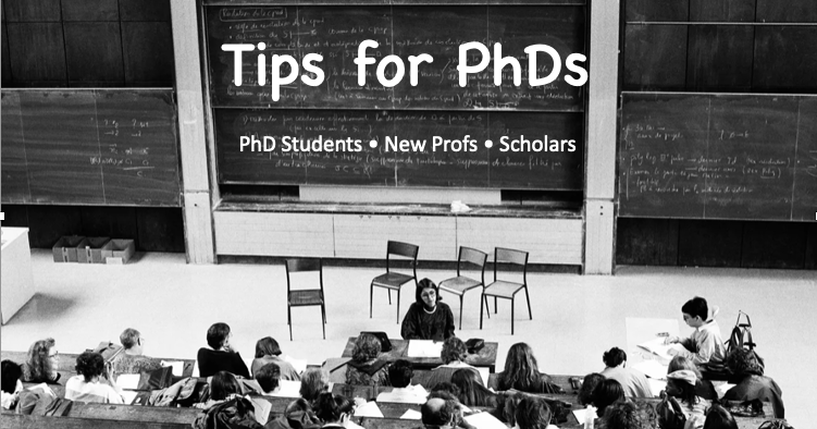

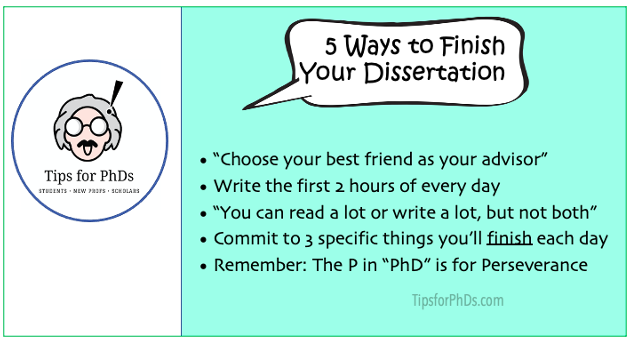
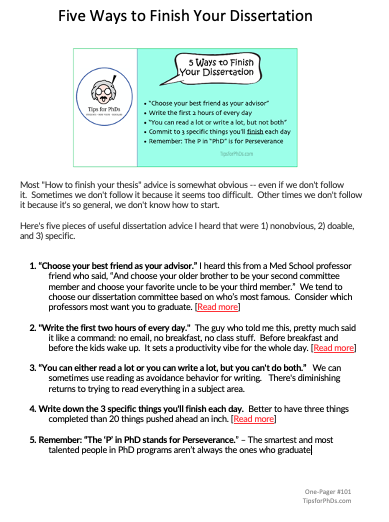
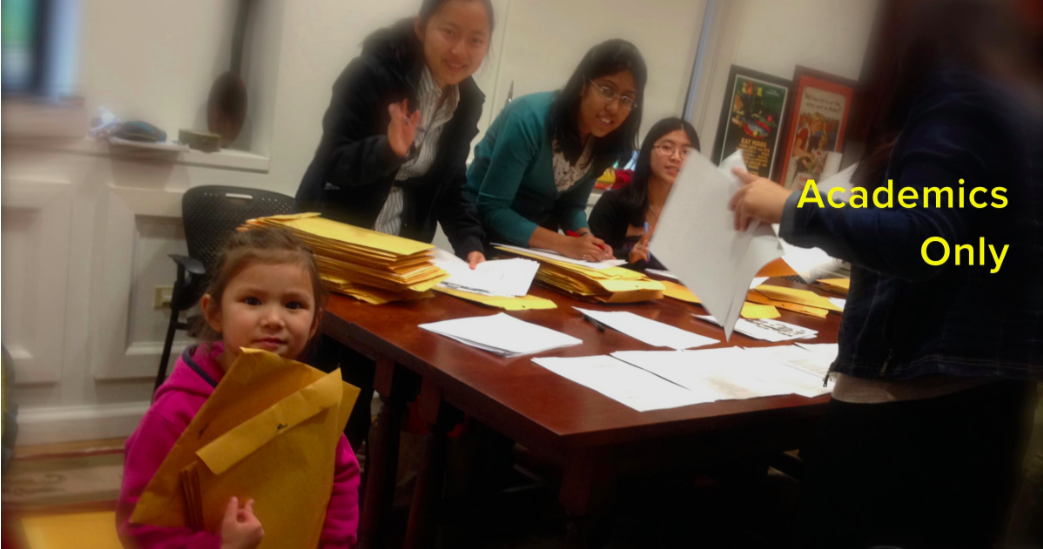
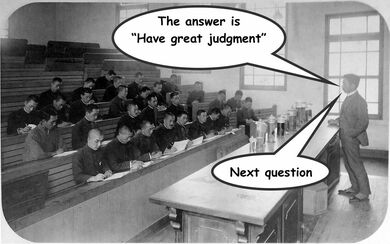
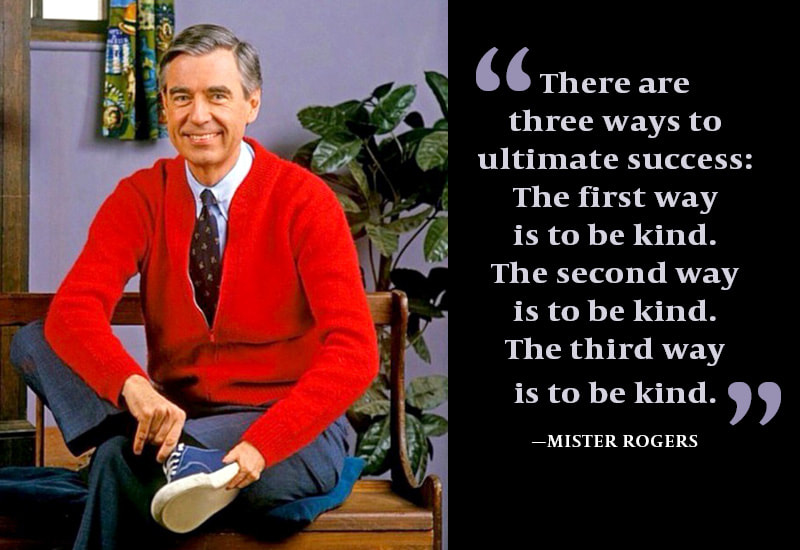
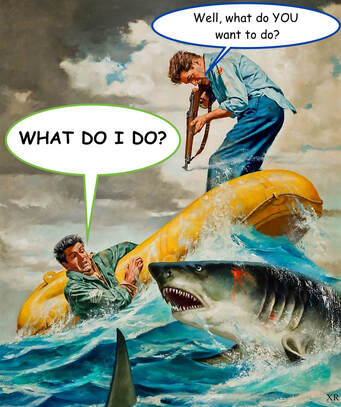
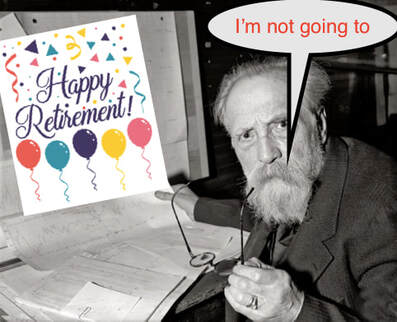
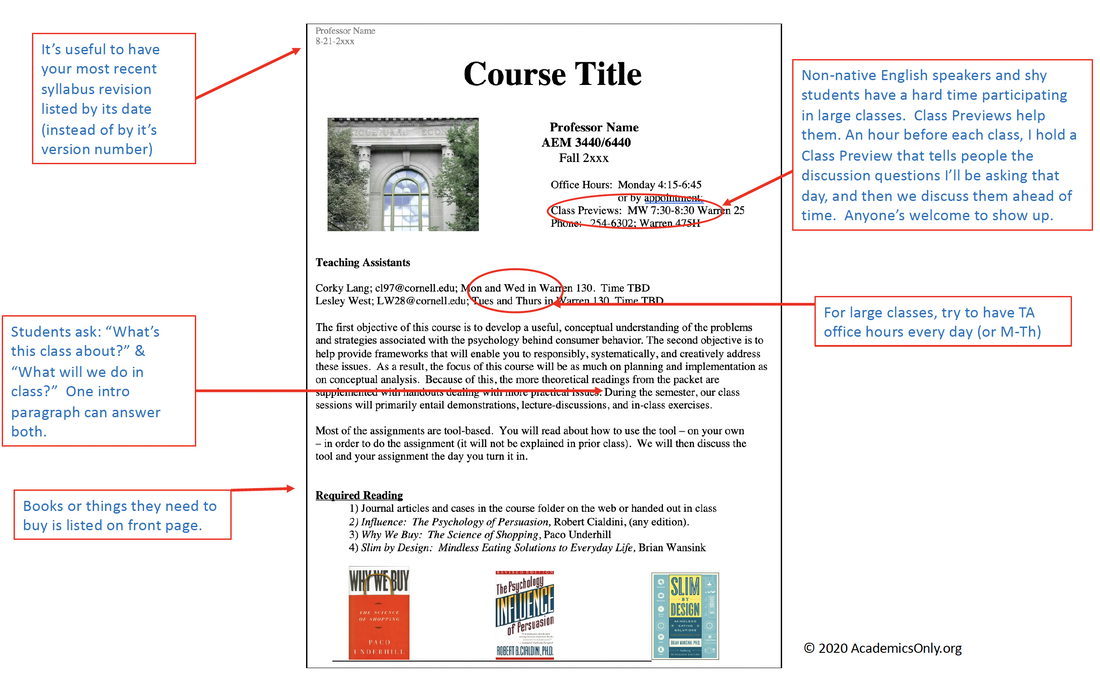

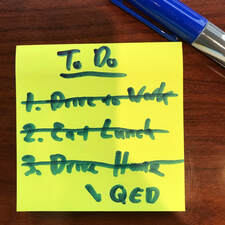

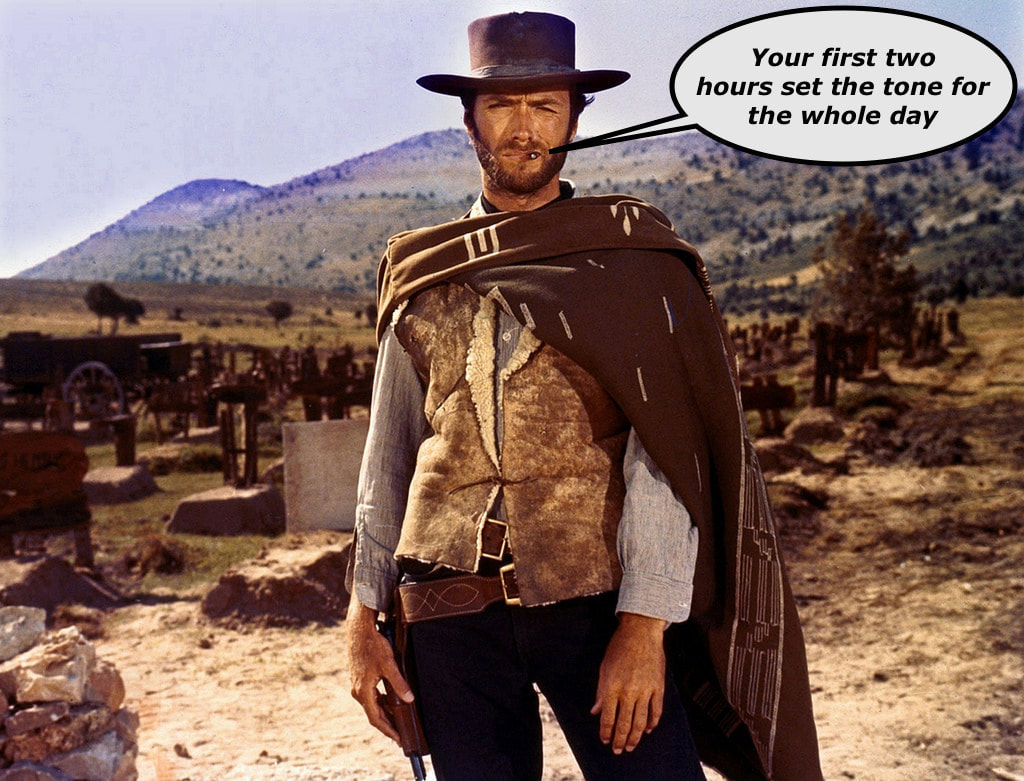
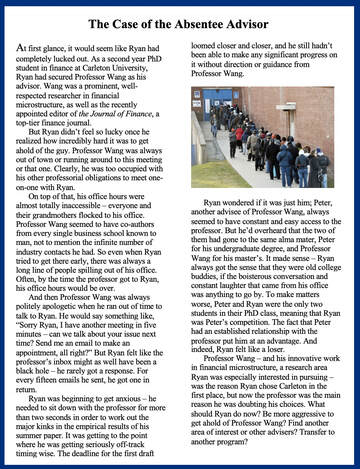
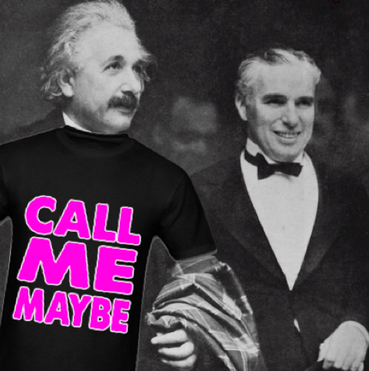


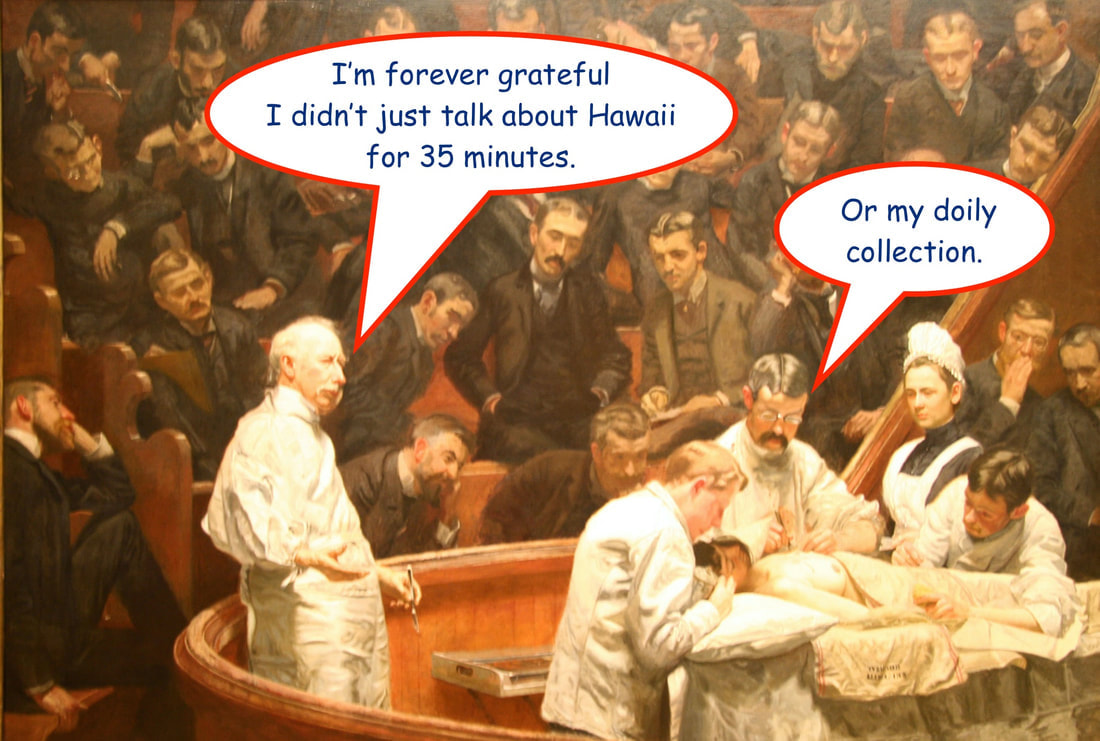
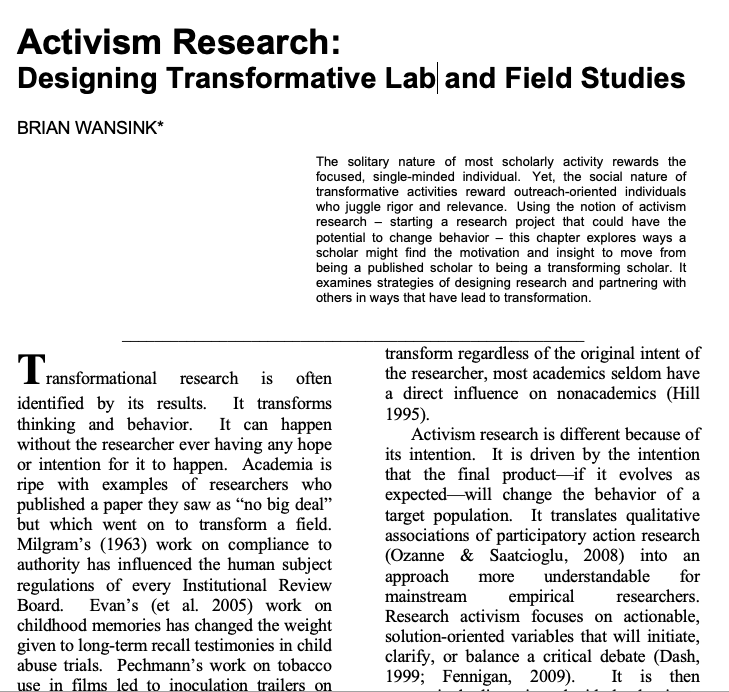

 RSS Feed
RSS Feed